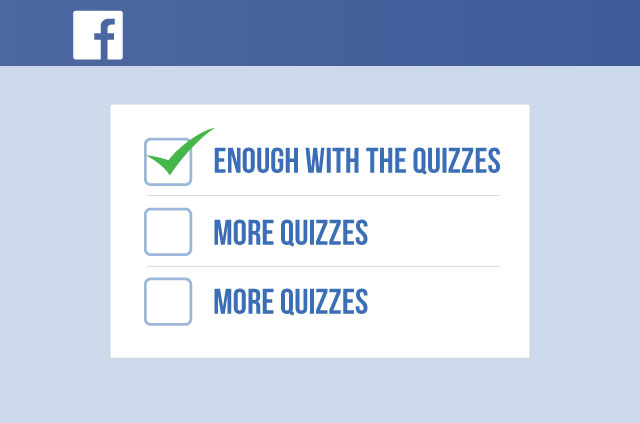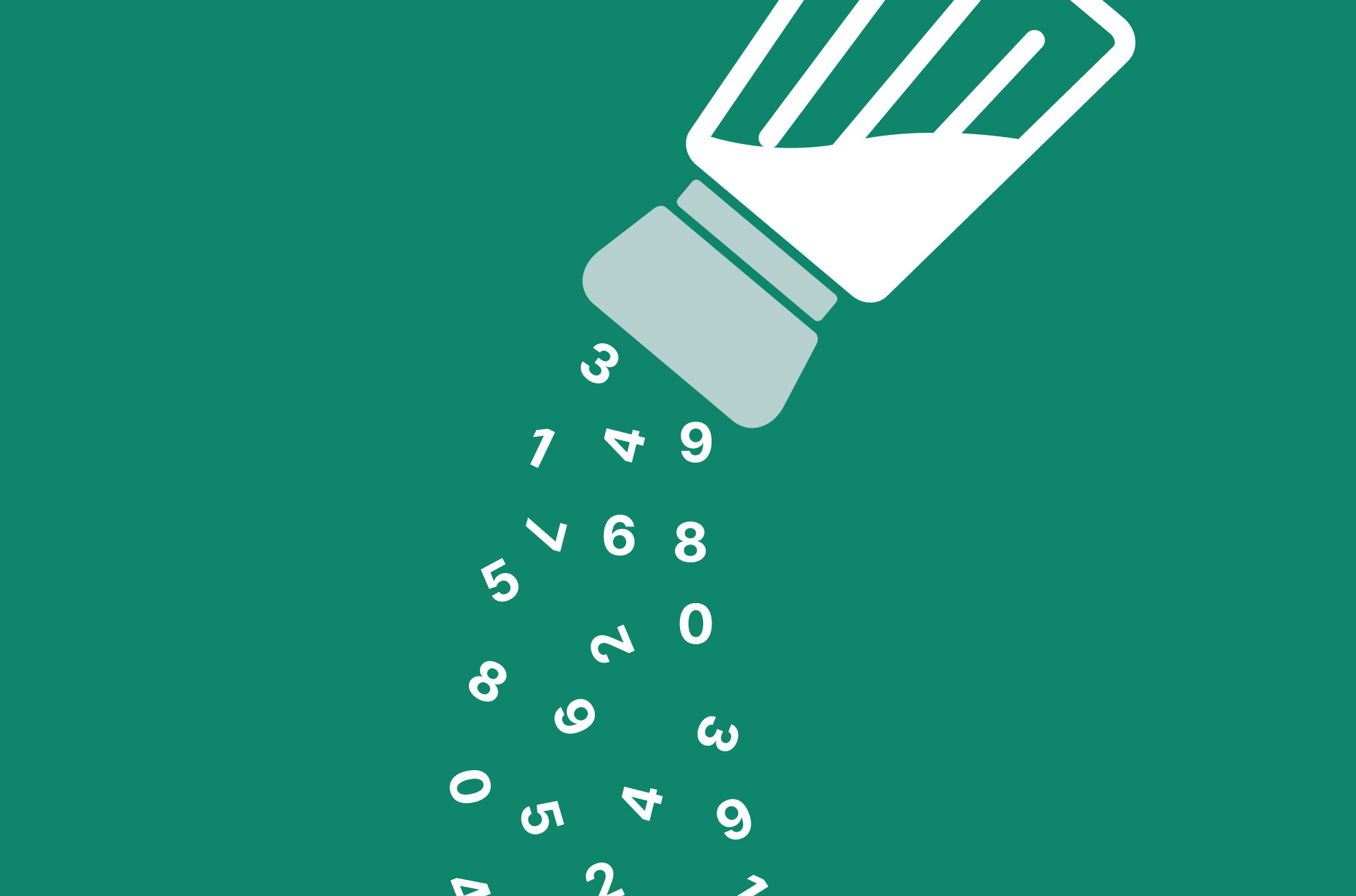Of course they can’t, that’s absurd.
But preposterous quiz titles such as these litter our Facebook walls, almost constantly. Respite is usually only in the form of another doting parent posting their baby’s first dinner, walk, or turd.
But worse, to take one of these vacuous quizzes, users must allow the quiz makers access to all their Facebook data. It likely won’t work otherwise. The horror.
Maybe you’re not the type (gullible) to take a loathsome online quiz, and avoid them like you would a poisoned chalice atop a mountain of misery; but do you have idiots for friends?
Not content with just your details, Facebook quizzes will also seek access to all the information on your friends’ profiles too. So if one of your knuckle-dragging friends takes a quiz, they could be giving away your personal data as well as their own.
And for what? Likely just to see which Beyoncé song is most like their love life, or which kitten picture best reflects their personality.
Privacy settings don’t do what you think they do
Not to worry, though. Most sane people have their Facebook profiles set to private in the foolish belief this will protect their data.
Nope.
Even if your Facebook is private, a quiz developer–who you do not know–could be accessing everything from your profile: your religion, sexual orientation, political affiliation, pictures, your list of idiot friends, and any groups you belong to.
Plenty of information to build a relatively robust picture of you, which could be used in a host of evil ways.
Facebook doesn’t seem to care a great deal about this gaping chasm of a privacy policy, though, and merely wafts some vague babble in your general direction. Their terms state that when you install an app, you may give it permission to:
“…access your public profile, which includes your name, profile pictures, username, user ID (account number), networks and any info you choose to make publicly available. You also give the app other info to personalize your experience, including your friends list, gender, age range and locale.”
This is a huge privacy problem; your friends can agree to share your information without your knowledge or consent.
How is this acceptable? These are the default privacy settings for applications!
Exactly what is shared and why are they doing this?
There’s a huge number of Facebook quiz apps out there, and it’s hard not to be skeptical when pondering their existence.
What do they have to gain from telling you what your favorite color should be? Not a lot. It’s your delicious data, ripe for harvesting, that they really want.
And these apps are not just “collecting data to make better quizzes.” Believe it or not, there really isn’t much scientific study or algorithm required to tell you which famous fictional dog best matches your current mood.
If you can find it, an app’s privacy policy will go into much detail about how they may use your personally identifiable data for their own gains. As to what those gains are, your guess is as good as any. But it’s likely to be the money made by pimping your details to the highest bidder.
It gets worse, though, every time someone installs a Facebook app, it will continue to run in the background, devouring any new information it can reap. The app will collect data long after a user has forgotten the quiz they took about One Direction’s shoe sizes.
What a crock.
Facebook quizzes highlight a bigger privacy problem
People’s attitudes to privacy and internet security are recklessly inconsistent.
Almost no one would sit naked in a brightly lit, curtain-less living room, displaying their flesh to all and sundry. But many don’t seem to mind Facebook, Apple, and Google picking apart every aspect of their life.
This inconsistency makes us vulnerable. Accepting one form of privacy breach but getting outraged at another makes it difficult for lawmakers to create user agreements that people will accept (and aren’t littered with loopholes).
It’s time to wise up and seek for consistency across the privacy spectrum. And remember: It’s not just your data you give away the next time you want to know what your food IQ is.
Which, by the way, is not a real thing.



























Comments
NICE TO HEAR a voice in opposition. the truth all to often gets lost in the noise
Thanks for your blog.
What makes me sick, is the constant attempt to monetise absolutely anything. Many companies and a growing number of individuals are so greedy and desparate to survive in this over-populated cess-pit that once was a beautiful planet, that nothing is sacred anymore. Keep blogging…
Thank you, …..
You’re welcome 🙂
I love seeing your posts! Keep up the good work.
Thanks, Horatio!